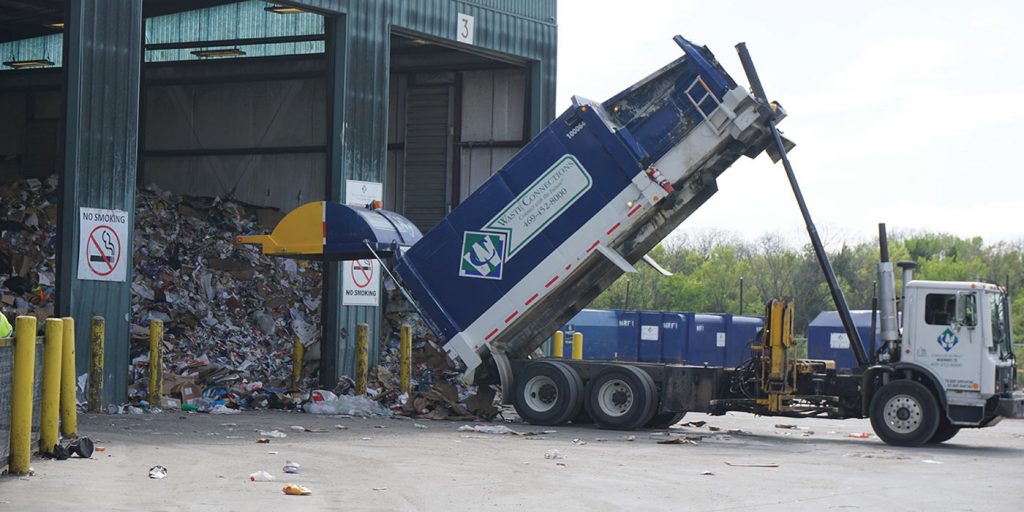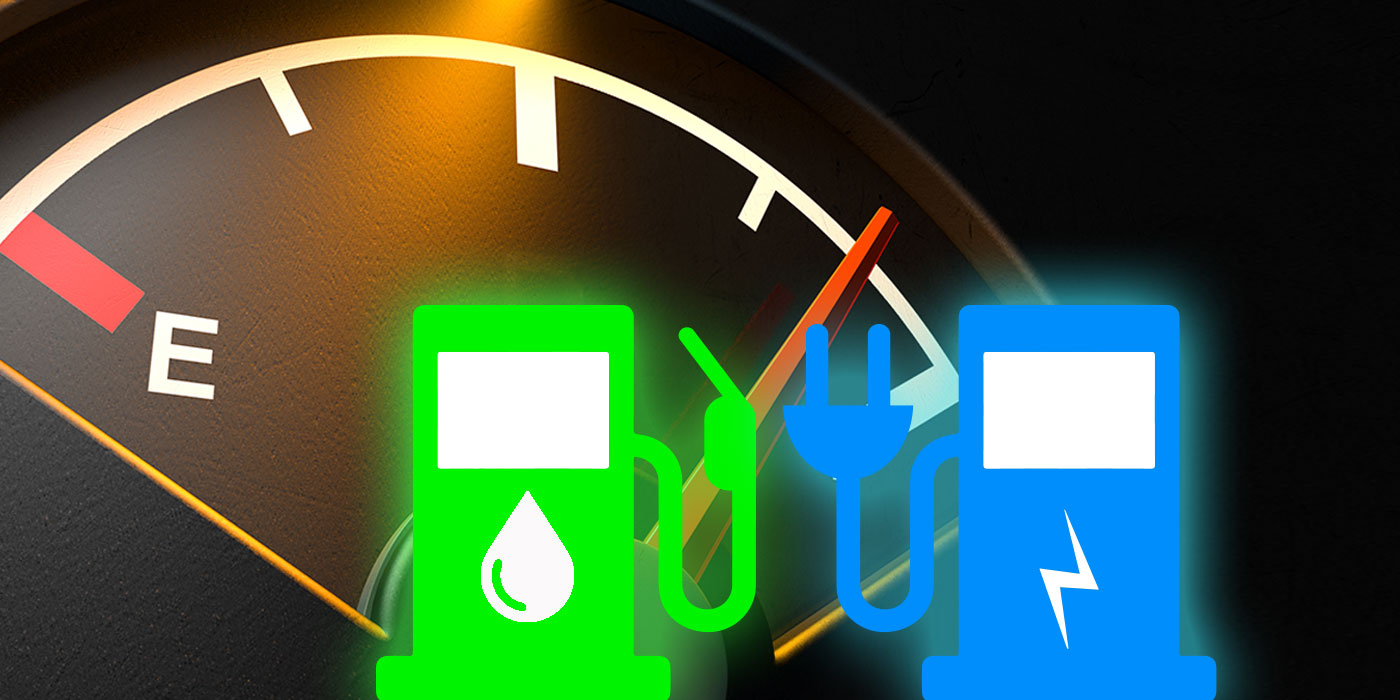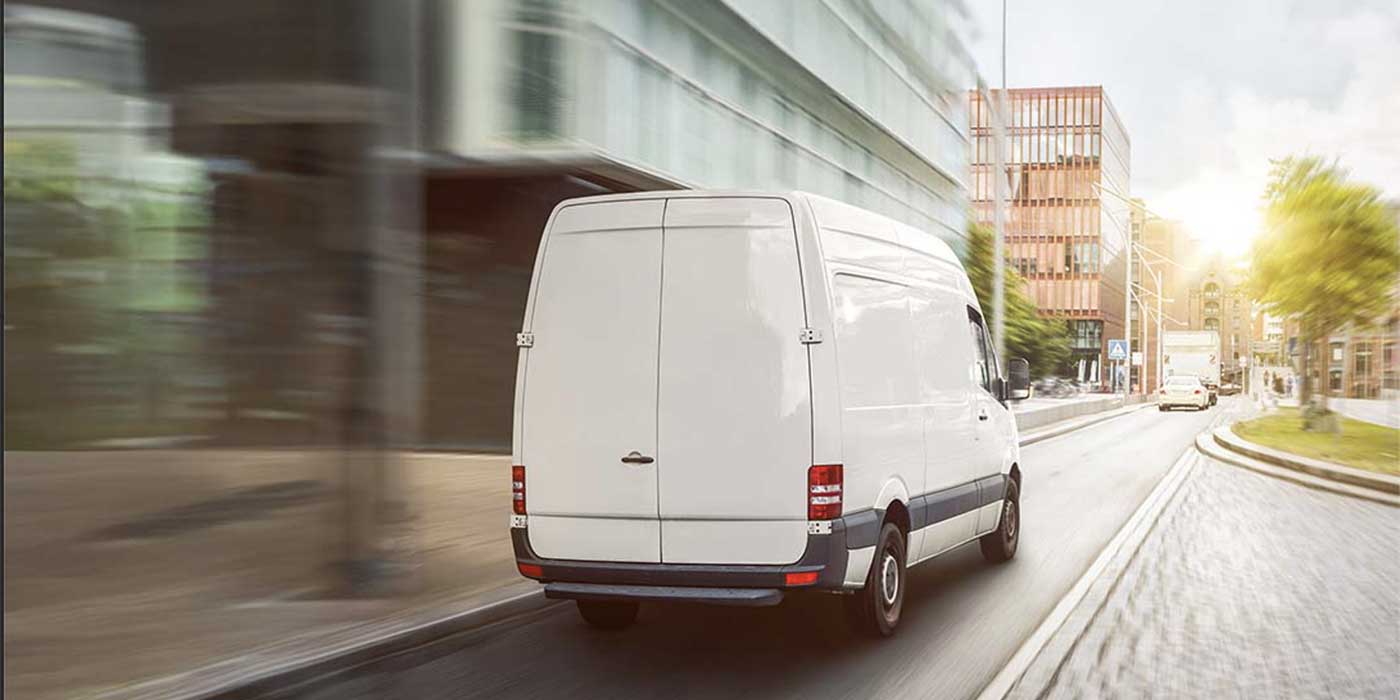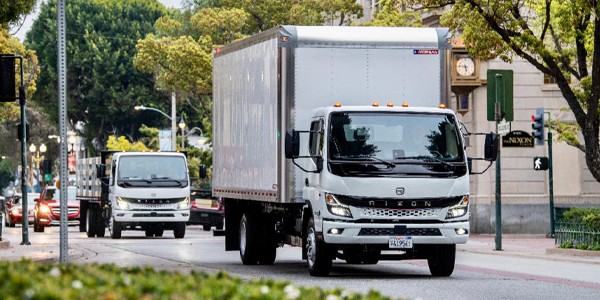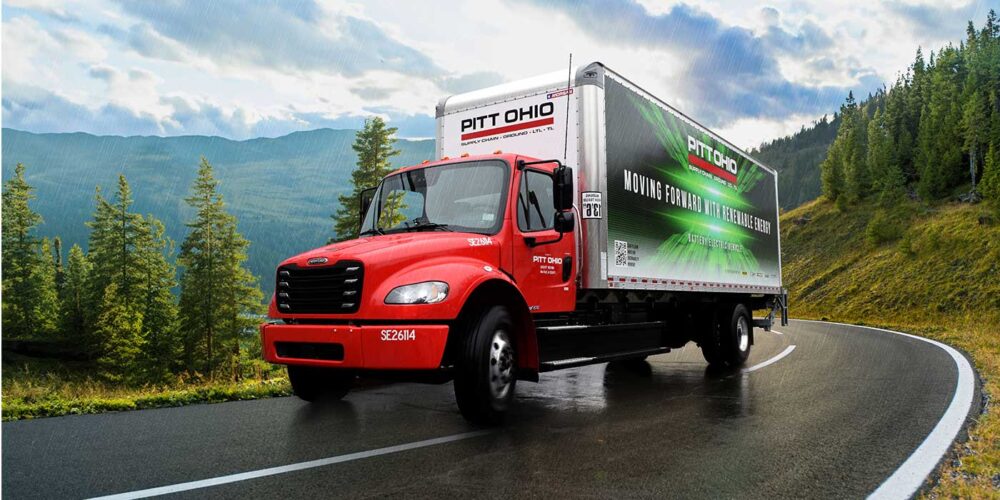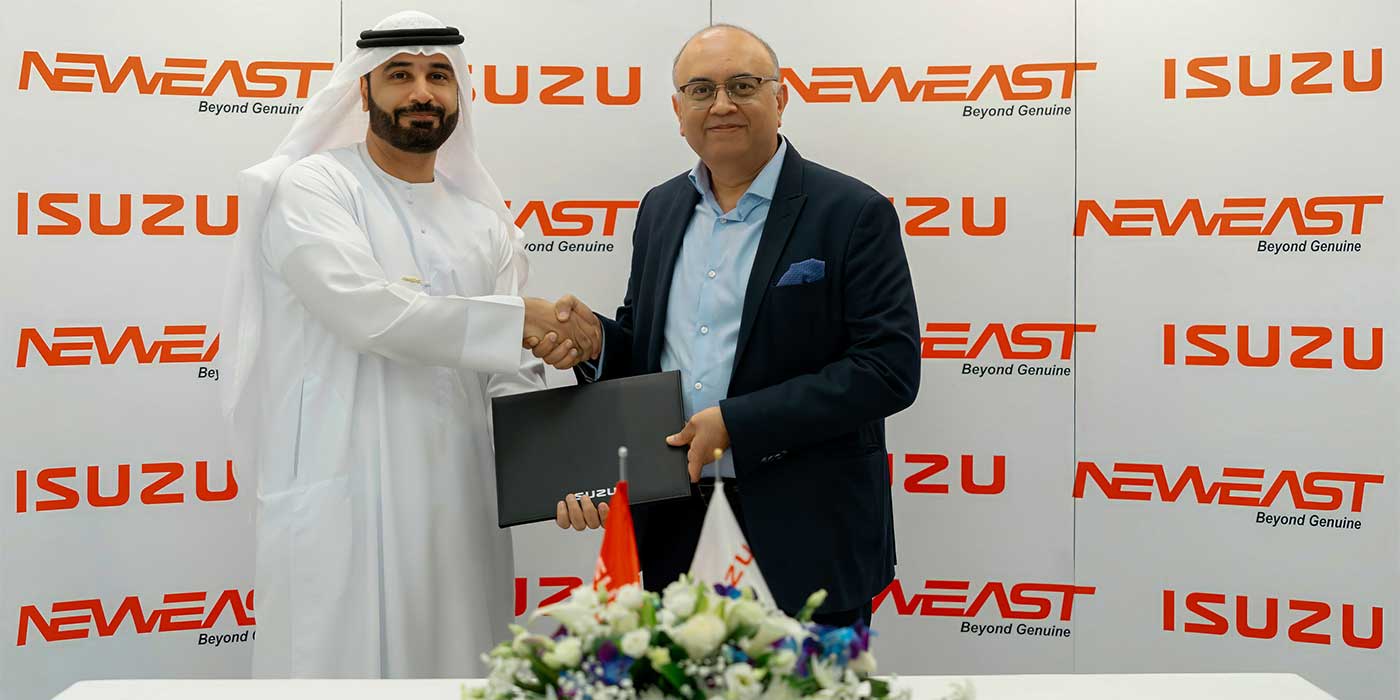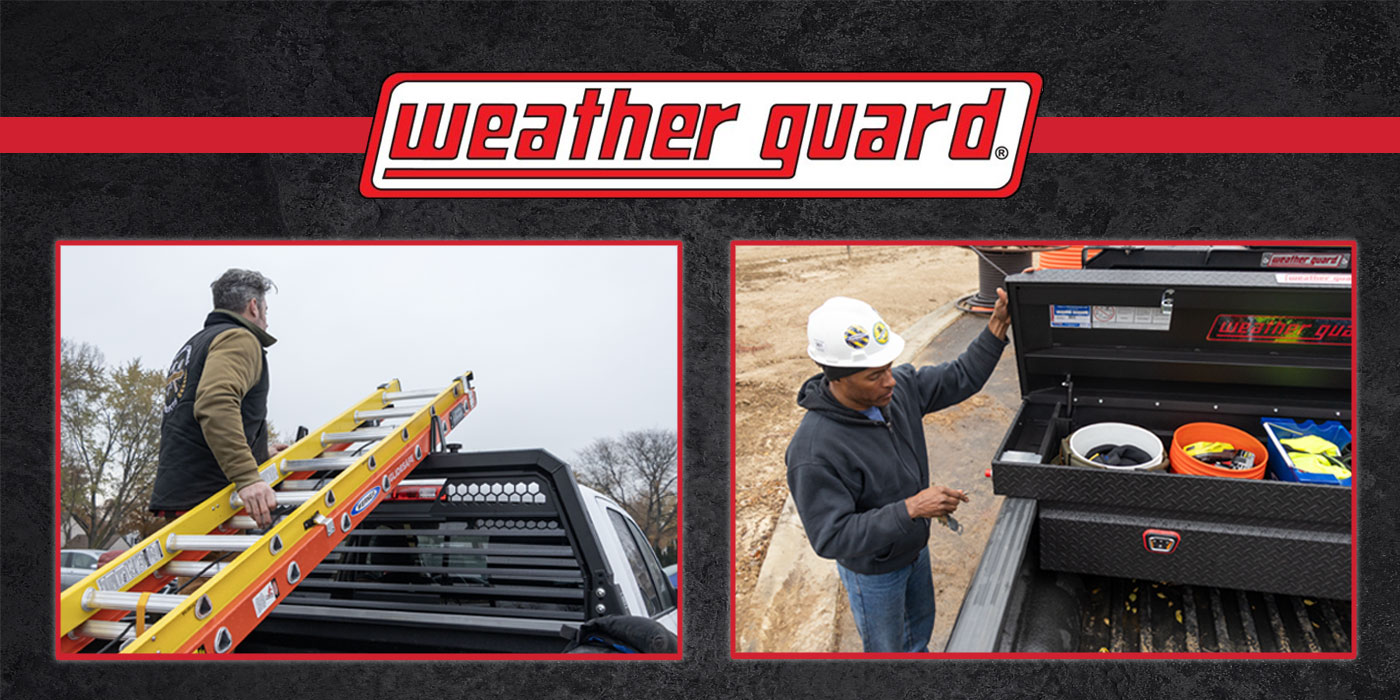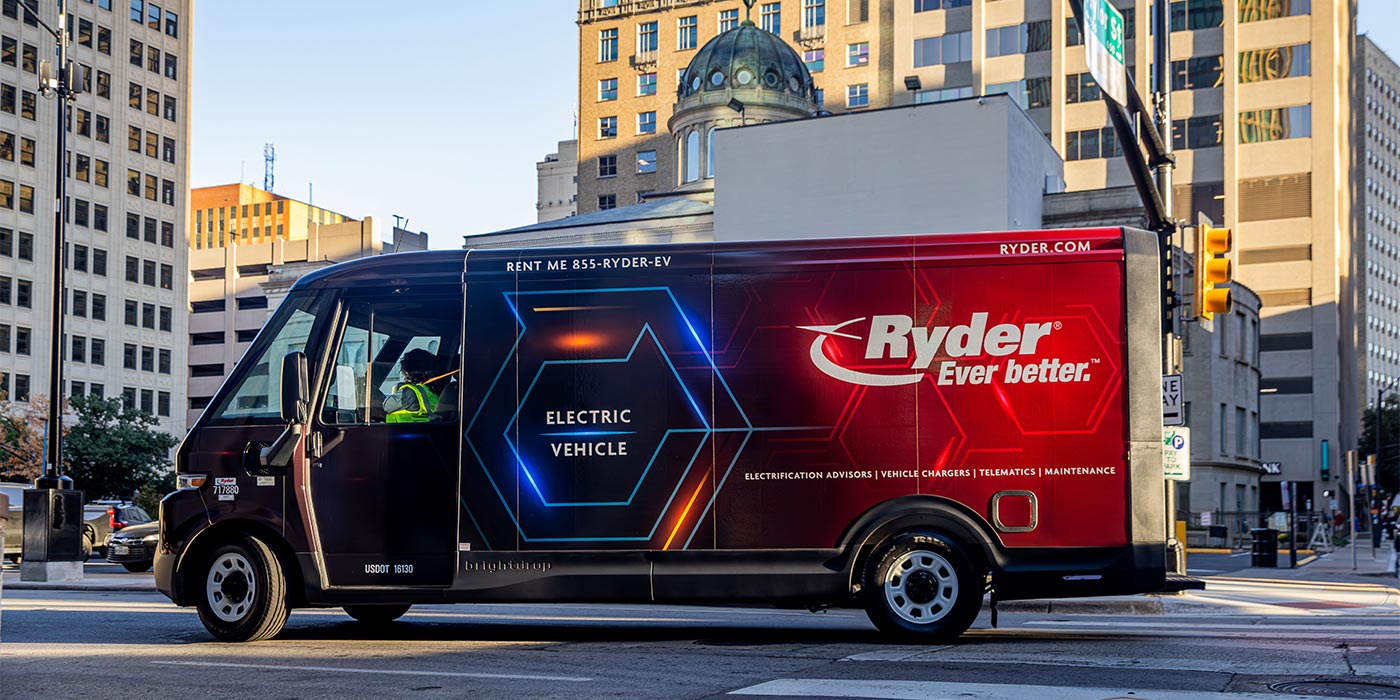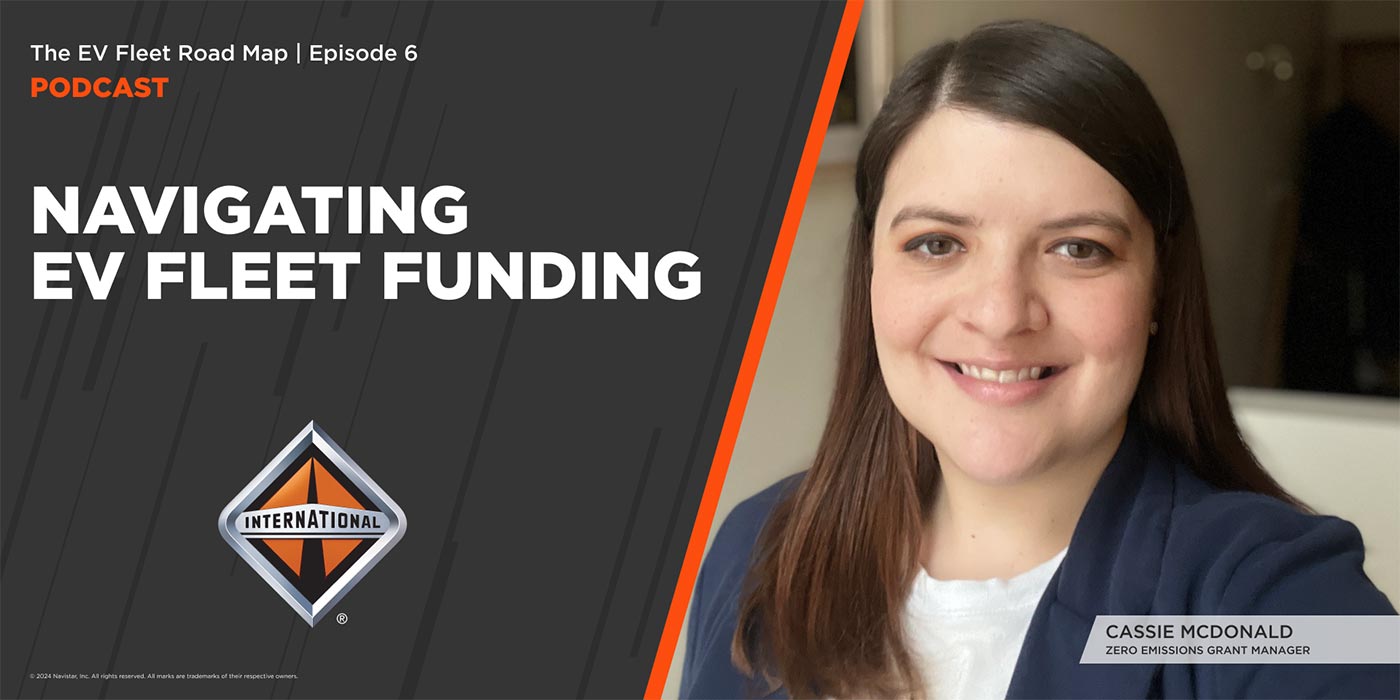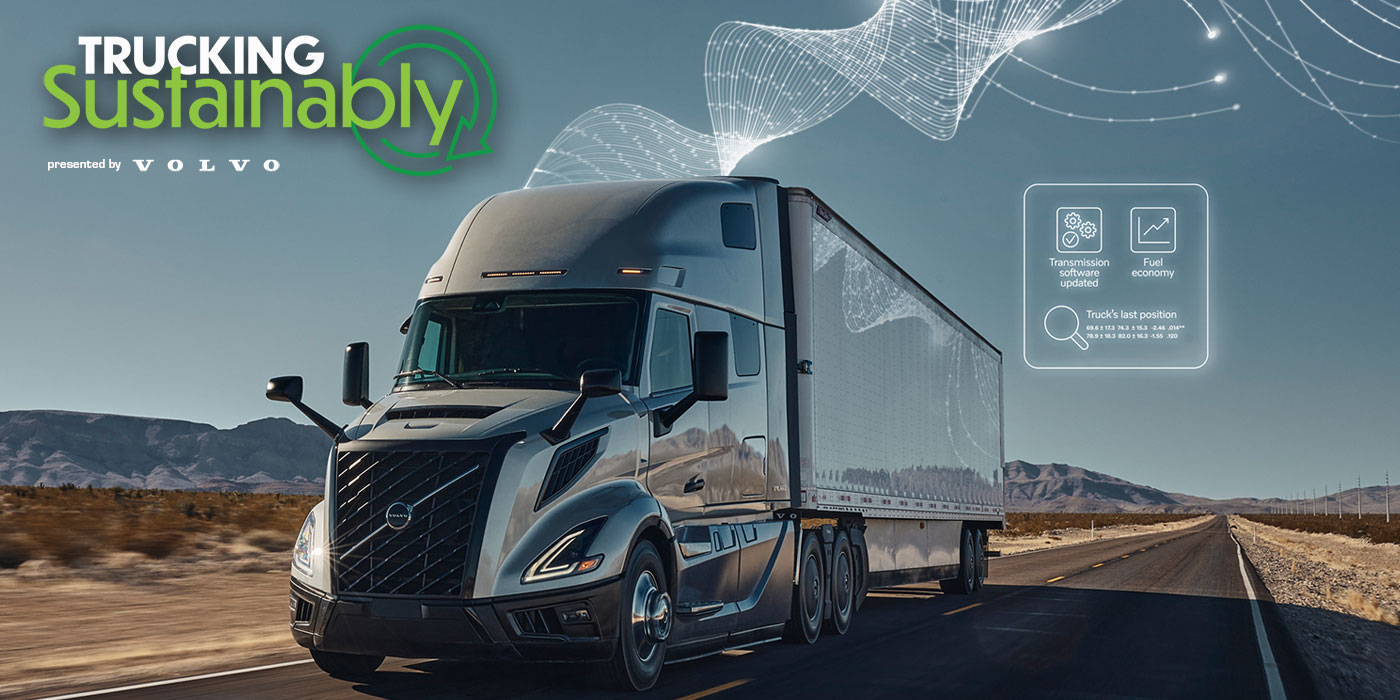While fleets across the country remain focused on COVID-19 prevention issues, there’s no question that refuse collection operations are going the extra mile to safely provide an essential service. For Waste Connections, an integrated solid waste services company that operates over 10,000 vehicles at approximately 500 facilities in the U.S. and Canada, working to ensure the safety of employees, customers and communities is ongoing and all-encompassing.
“At Waste Connections, we have developed and implemented business continuity plans to ensure our operations run as effectively as possible during this unique period,” says Darrell Chambliss, executive vice president and chief operating officer. “We’re closely monitoring the current situation and following guidance from the CDC, WHO, and state and local public health officials.
“We recognize that the Coronavirus outbreak has tremendous unknowns and could cause unanticipated service delays and interruptions, or unusually high call volumes,” Chambliss continues. “But we provide an essential service within our communities so we’re focused on keeping our commitment to give customers the best possible service in an effective manner.”
Waste Connections, based in Houston, serves millions of customers across the U.S. and Canada at single- or multi-family residences, commercial institutions, industrial locations, construction sites and special events. In 42 states and five provinces it provides collection, transfer, recycling and disposal services.
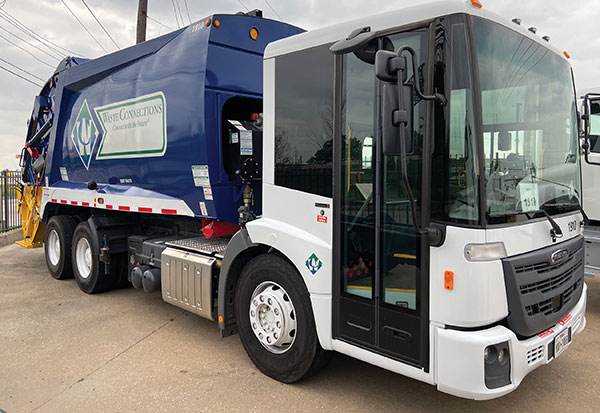
Changing how we work
“COVID-19 has impacted our fleet operations across North America and has changed how we do things,” Chambliss says. “We’ve had to implement protocols for social distancing, hygiene, travel and communication. It forced us to take a step back and look at how we do things, and as it evolves it will continue to change how we work.
“While some of our people in areas such as customer service and accounting can work remotely, our operations managers, maintenance technicians and drivers—who make up the vast majority of our staff—have to report to work every day. Their jobs, whether it’s on routes, operating scales at facilities or maintaining and repairing vehicles, have to be done on site so we’re addressing those needs directly and comprehensively.”
For example, Chambliss relates that while the majority of Waste Connections’ collection vehicles can be operated by single drivers, there are some communities that haven’t transitioned to automated bodies and still require manual residential waste pick up service. In those locations, he advises, the company has implemented strict hygiene practices, distancing protocols and has issued masks, gloves and hand sanitizer. It is also evaluating a plastic shield that one truck manufacturer has made available to separate drivers and front-seat passengers.
Among the more than 10,000 vehicles in the Waste Connections operation are 8,500 units used for waste and recycling collection service at residences, businesses, industrial locations and construction sites. Route vehicles in the fleet are supplied by Freightliner, Mack, Peterbilt and Autocar and are equipped with bodies and containers from Heil, McNeilus, Labrie, Galbreath and UHE.
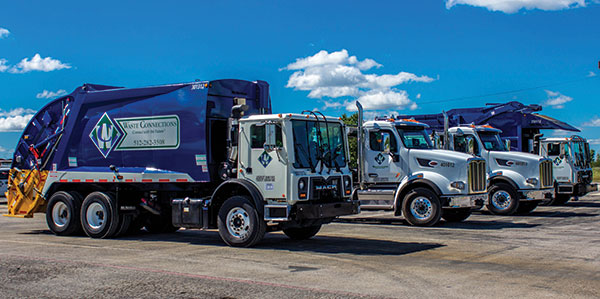
Standardizing while growing
“We try to standardize by location but since 1997 most of our growth has come from acquisitions, so we often inherit equipment that we run until it reaches the end of its service life,” Chambliss says. “Overall, we have a lot of Mack chassis for automated bodies and use a large number of Freightliners for roll off and rear load equipment.”
After its introduction in North America in 2018, Waste Connections began using the Freightliner EconicSD chassis for refuse trucks. An initial 20 chassis were mounted with rear end load bodies; however, the EconicSD can also carry automated and front load bodies. The low entry cabover model is a design that Freightliner’s parent company, Daimler Trucks, has offered successfully in Europe.
“We were the first company in North America to acquire Freightliner EconicSD chassis,” Chambliss says, “and we have them running in several markets across the U.S. Their short wheelbase dimension and set back front axle with a 46-degree wheel cut make them very maneuverable.”
Chambliss also cites the visibility and ergonomics that are designed in the low entry EconicSD, including a kneeling and lifting function, low seating position, and panoramic windshield and mirrors that expand the field of vision to work areas to maximize visibility. In addition, he points out that the trucks are standard with Electronic Stability Control and the Detroit Assurance suite of safety systems, which includes active brake assist, adaptive cruise control and lane departure warning.
Extensive in-house service support
The entire Waste Connections fleet is supported by an extensive in-house service operation. In shops across North America, Chambliss relates, PPE is issued to technicians and supervisors, and distancing practices have been put in place.
For instance, Chambliss says, while technicians at Waste Connections usually work in separate bays that have enough space between them anyway, work is now limited to essential repairs and inspection and compliance items so there is only activity going on in every other bay. In addition, a long time ago the fleet adopted extended maintenance intervals by using new technologies and things like synthetic lubricants, so it has not had to stretch its PM schedule to any large extent.
“Most of our shops operate on paperless systems as well,” Chambliss explains further. “We use RTA Fleet Management Software that has been customized for our maintenance recording and tracking needs. Technicians use kiosks in the shops to enter information rather than handle paper, and now we have procedures for wiping down consoles and keyboards before and after every use.”
Chambliss also points out that the fleet’s vendors continue to be a key part of its approach to servicing the fleet effectively. “Our suppliers are our backstop,” he says. “Parts houses and dealerships are critical for keeping our fleet up and running and are ready to handle things if we have a surge in work, or repairs that are outside our skill set that need to be done.
“Our goal, especially during the current pandemic, is to continue to ensure that the Waste Connections fleet is available and runs safely,” Chambliss says, “but that’s not really any different than any other day. It’s our number one role and something we strive for at all times.”

